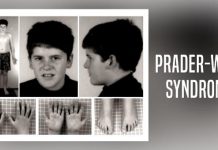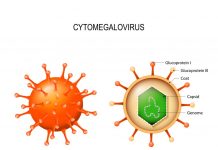Endometriosis is a common condition in women, whereby pieces of the uterus lining are found in other areas of the body. The problem sounds strange and it is; it is still unknown exactly what causes the condition hence there is no cure currently available for endometriosis. The uterus tissue has been known to be found is various parts of the body including the rectum, bladder, ovaries and bowels. And it gets even stranger than that. In more rare cases tissue from the uterus has also been found in areas including the brain and lungs.

Endometriosis growths are not cancerous, however this condition can still cause complications. The tissue growths found outside of the uterus still act in the same way as the tissue inside the uterus. During the normal menstrual cycle, the endometrium (uterus lining) expands as it fills with blood in preparation for a baby. When this happens in the uterus in the normal cycle, the uterus tissue found in other parts of the body also expands, which can cause pain.
What are the symptoms of endometriosis?
The most common symptoms that women with endometriosis experience are extreme pain in the abdomen including severe menstrual cramps, and severe pain the lower back and pelvic area. The pain can sometimes be so bad that it can be difficult for the patient to go about their normal daily activities.
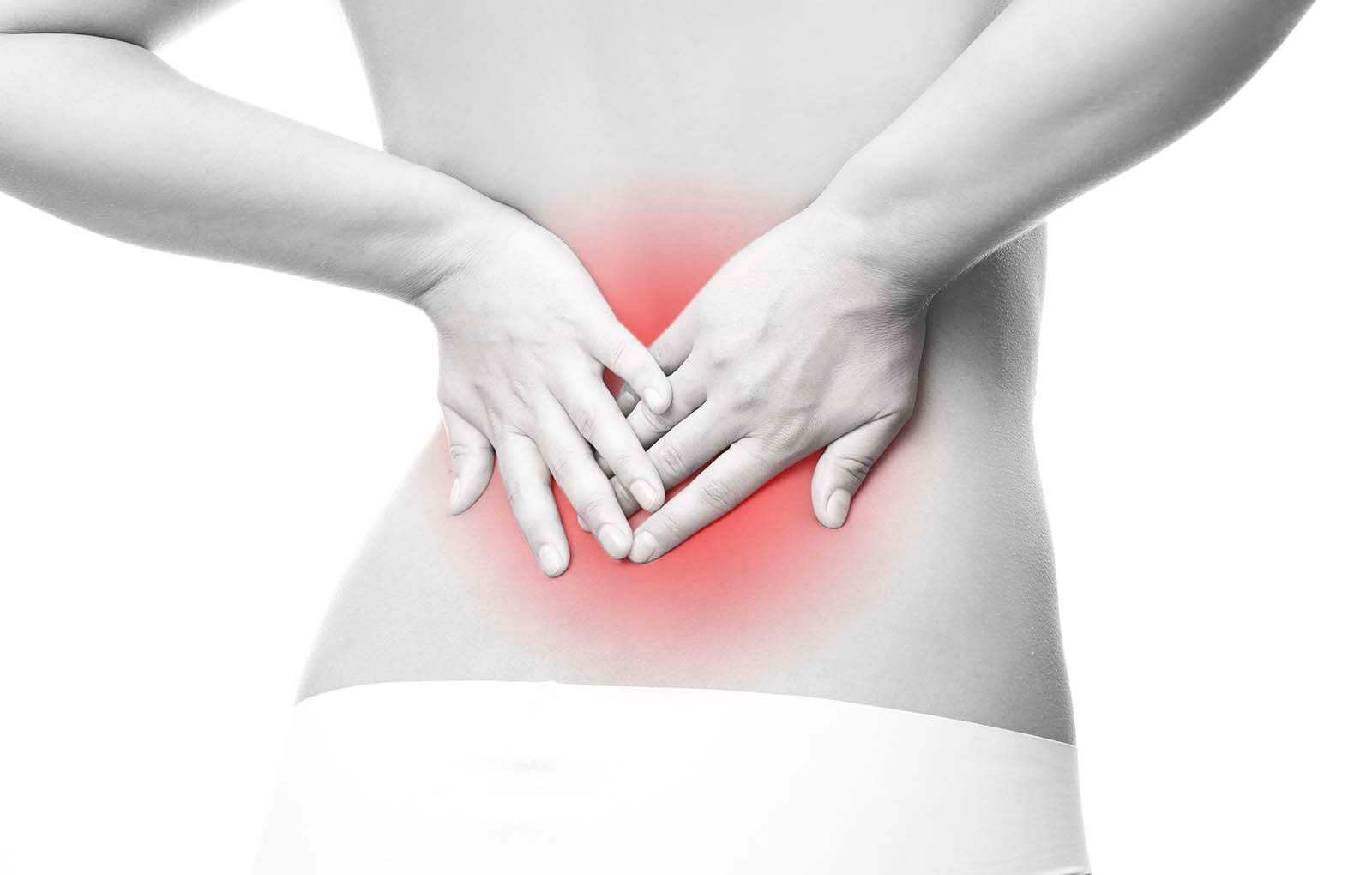
Other symptoms include pain during and after intercourse, pain in the intestines, painful bowel movements, pain when passing urine, bleeding between periods, feeling tired, difficulty conceiving as well as less severe symptoms like diarrhea, constipation and bloated feeling. In spite of the many symptoms reported, some women may not experience any symptoms at all.
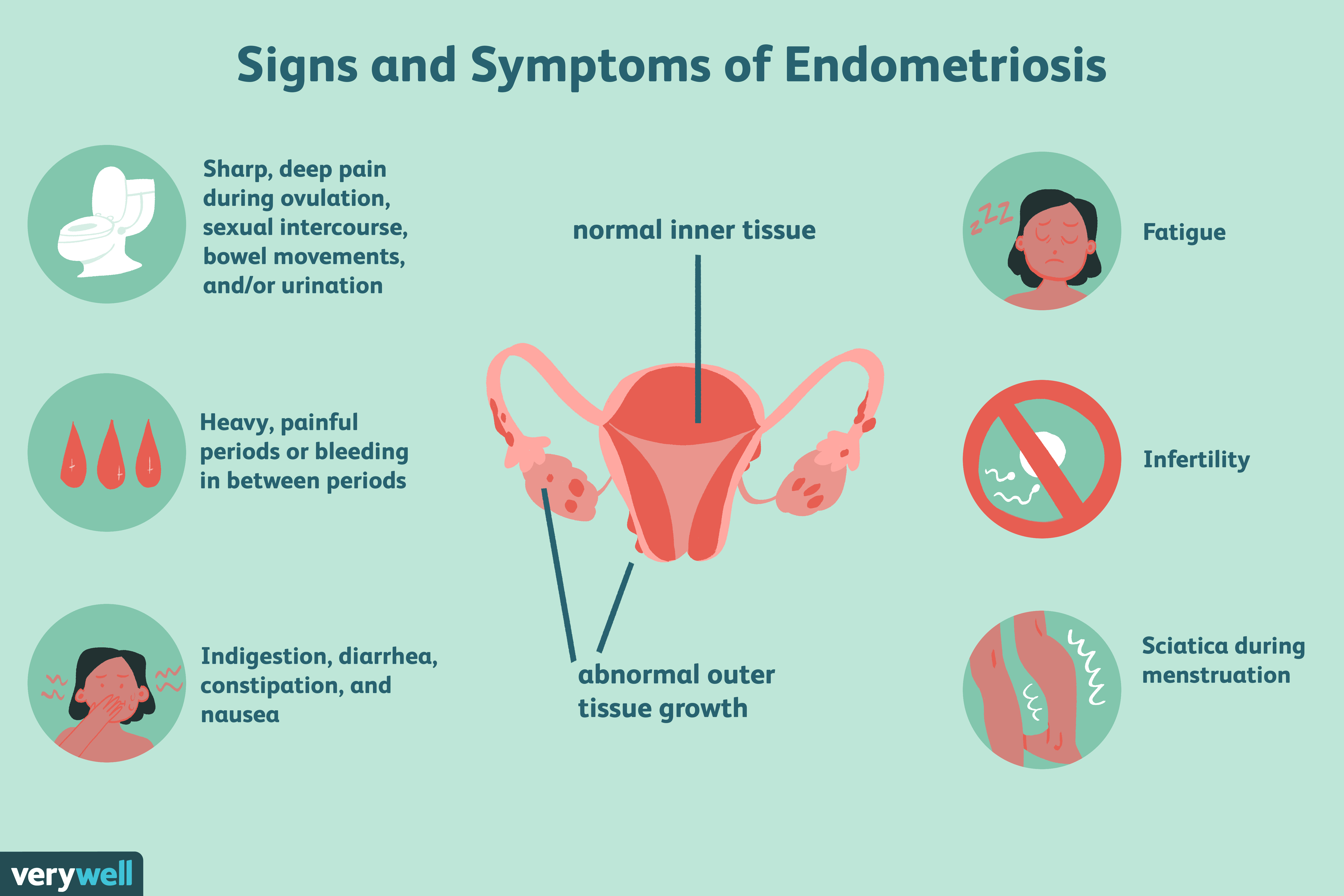
What causes endometriosis?
Although the cause is unknown, there are some theories about the causes. It is thought that endometriosis may be hereditary, as it is common among women whose female blood relatives have been diagnosed with the condition.

Another theory is that the tissue from the uterus may be carried to other body parts in the blood. An interesting discovery is that estrogen (the female hormone) appears to assist the growth of endometriosis, and therefore some scientists have hypothesised that perhaps it is a disease of the endocrine system which involves the glands and hormones in the body.
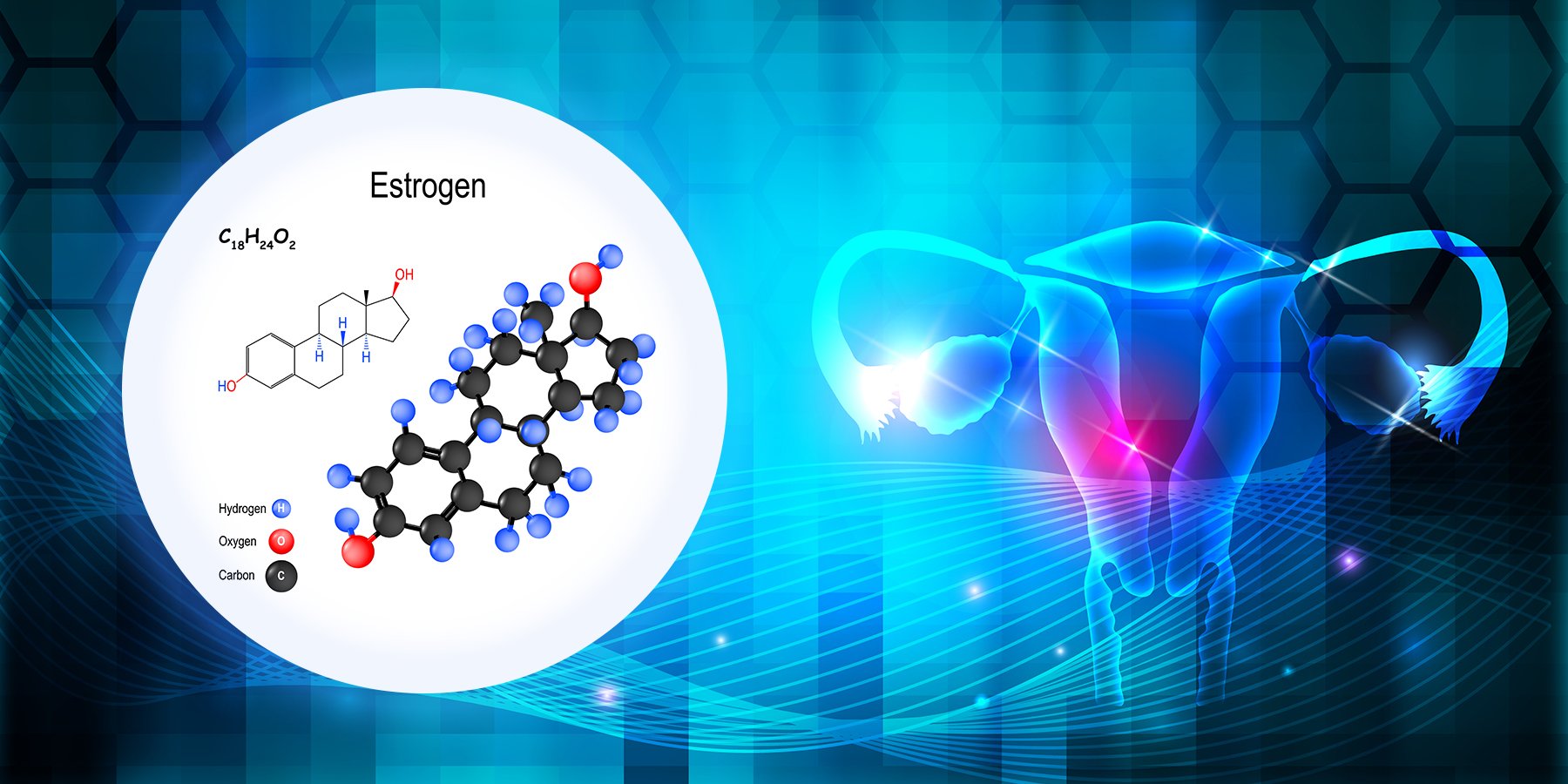
All of these are simply theories, and there has been no successful research to prove or disprove any of these so far. However, there are ongoing studies into some of the theories offered by medical experts.
Is there are cure for endometriosis?
There is no cure because the cause is not known, however there are some treatments to ease the symptoms of endometriosis. Medication is often prescribed to relieve the pain, and some women are advised to take over the counter painkillers such as ibuprofen.

Hormone treatments have also been found to be effective in relieving pain, including the contraceptive pill, however this is not suitable for women who are trying to conceive.
Where can I find more information on endometriosis?
Many medical websites give more information about endometriosis, including the sites listed in the source list below. Alternatively, if you are concerned about endometriosis you can speak to your doctor who can give you information on the condition and arrange for testing if this is required.







